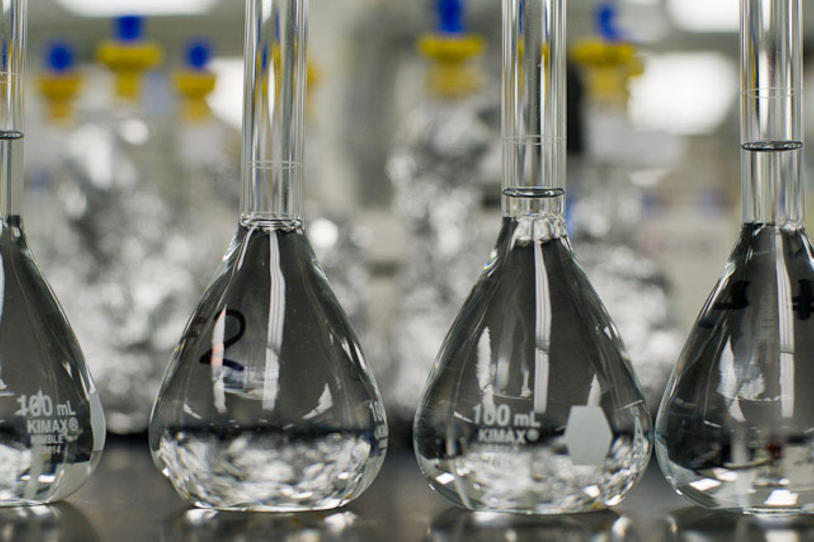
As research forges ahead, scientists must take into account the possibility of various factors working in tandem to place a person at greater risk for a neurodegenerative disease like Parksinon’s. Scientists have long known there is a possible connection between pesticide exposure and the potential to develop Parkinson’s. New research published this month in Neurology shows how individuals with a certain gene variant combined with exposure to certain pesticides may be at increased risk of developing the disease.
“In many cases, researchers believe that Parkinson’s requires both genetic and environmental factors to develop,” said Brian Fiske, PhD, vice president of research programs at The Michael J. Fox Foundation. “Results like this help further clarify mechanisms underlying disease that could be promising therapeutic targets for Parkinson’s patients.”
The enzyme aldehyde dehydrogenase (ALDH) plays a role in detoxifying substances in cells and in metabolizing alcohol. People with a variant of the ALDH gene were two to five times more likely to develop PD after exposure to pesticides than those who were exposed but did not have the gene variant. It is important to note, however, that having the gene variant alone does not make one more likely to develop Parkinson’s, the investigators report. Increased risk was due to interaction between genes and the environment.
Researchers, led by Jeff M. Bronstein, MD, PhD, of the University of California, Los Angeles, also developed a test to identify pesticides that inhibit ALDH and linked those to increased risk of Parkinson’s, as well.
“These results show that ALDH inhibition appears to be an important mechanism through which pesticides may contribute to the development of Parkinson’s disease,” said Jeff. “Understanding this mechanism may reveal several potential targets for preventing the disease from occurring or reducing its progression.”
Read more about what projects the Foundation is supporting into pesticide exposure and genetics related to Parkinson’s disease.